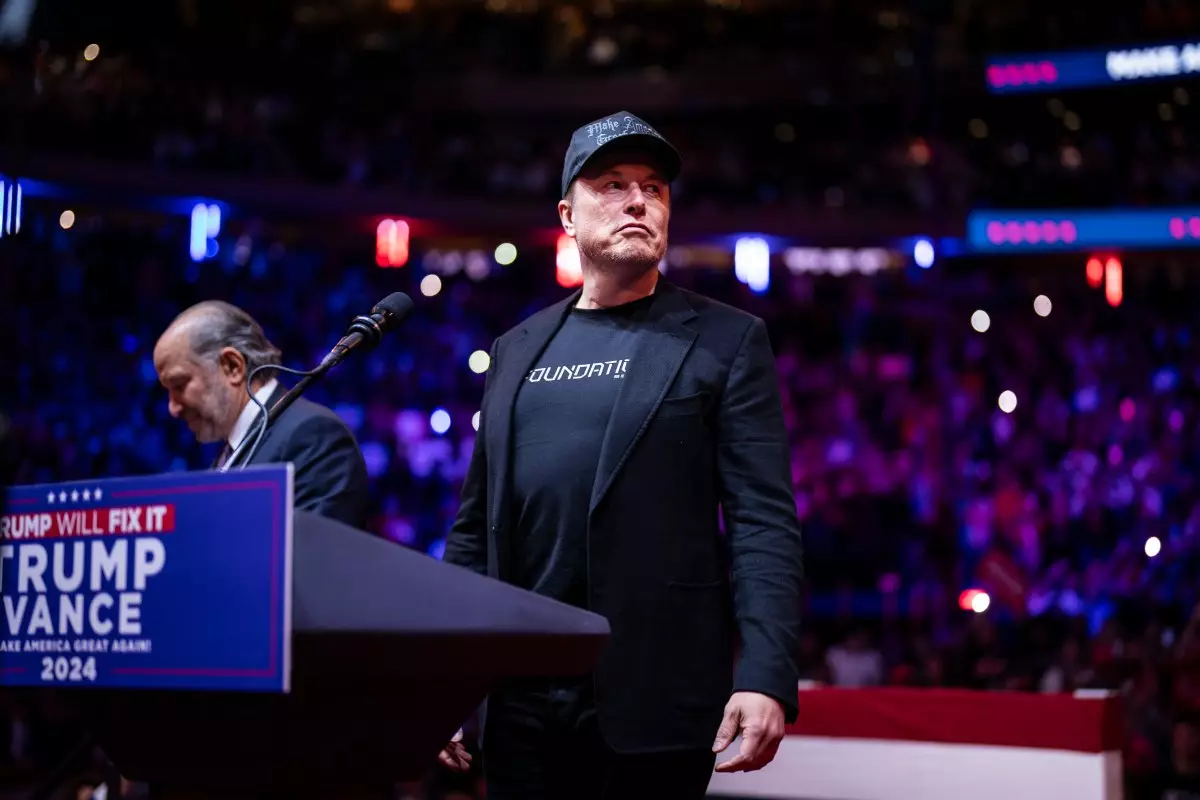In a recent interview at the WELT Economic Summit, Elon Musk distanced himself from potential acquisition talks surrounding the popular social media platform, TikTok. His comments emerged against a backdrop of ongoing debates regarding the app’s ownership and security issues tied to its Chinese parent company, ByteDance. Importantly, Musk’s remarks shed light on the complexities of ownership in the tech landscape and the evolving attitudes towards platforms like TikTok.
The discussions surrounding a possible acquisition of TikTok gained momentum following statements from former President Donald Trump, who had suggested that a forced sale or shutdown of the app in the United States could be on the table. Speculation arose that figures like Musk, recognized for their business acumen and established positions in the tech industry, could be potential buyers. However, amidst these high-stakes considerations, Musk made it clear that he was not actively pursuing the platform.
During the interview, Musk expressed a curious perspective on the potential utility of TikTok’s algorithm. Even though he stated he had no immediate plans or interest in acquiring the app, he did emphasize a hypothetical analytical approach: assessing the algorithm’s effectiveness and exploring how it might be tweaked for greater societal benefit. This notion illustrates Musk’s broader philosophy—an inclination towards innovation driven by enhancing utility rather than mere ownership.
Interestingly, Musk highlighted his acquisition of Twitter, now rebranded as X, as an anomaly in his career. He typically focuses on building companies from the ground up, a fact that underscores a distinct preference for organic growth over opportunistic acquisitions. This inclination may explain his lack of enthusiasm for TikTok; it is a platform with entrenched complexities and established user dynamics—factors Musk might find less appealing compared to the allure of creating something entirely new.
Musk’s disinterested remarks about TikTok also reflect deeper implications for the tech industry. His stance raises questions about the viability of acquiring established platforms versus developing new ones. Furthermore, with the increasing scrutiny that social media companies are facing regarding data privacy and national security, any potential acquirers, including Musk, must grapple with significant regulatory hurdles. Given these challenges, Musk’s hesitation could be a pragmatic acknowledgment of the current environment surrounding tech ownership.
Musk’s disinterest in TikTok underscores the shifting dynamics within the technology sector as the landscape evolves. His commentary serves as a lens through which to view not only the potential future of TikTok but also the broader implications for acquisitions in this digital age. As tech leaders navigate a complex terrain of regulations, societal needs, and technological innovation, Musk’s focus seems to lie on forging new paths rather than acquiring existing platforms—reflecting a mindset geared toward growth and transformation rather than mere ownership.

